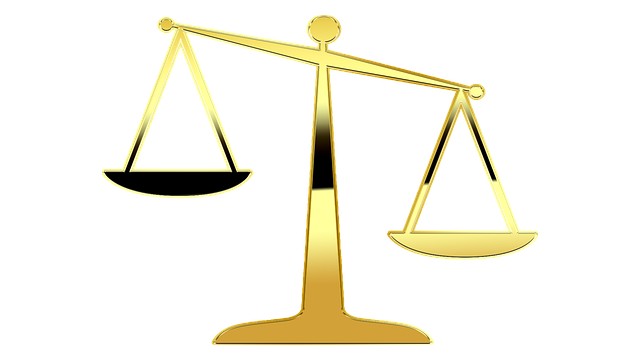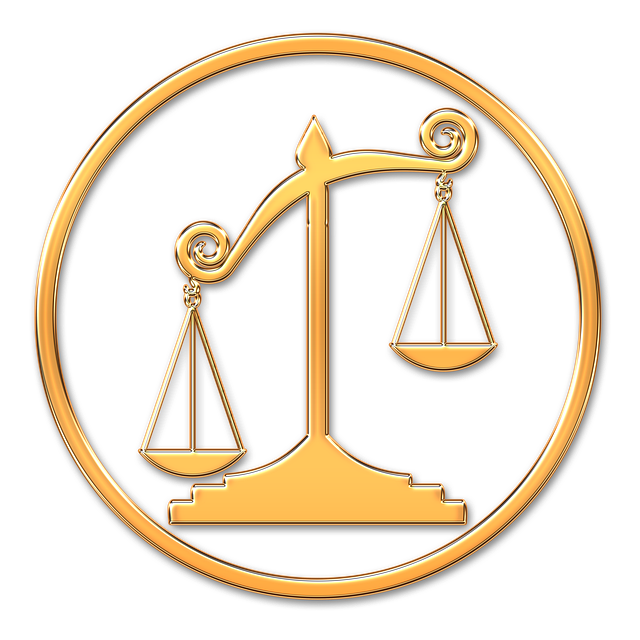A third-party workplace claim involves legal action taken by employees or others against employers or entities related to work activities, such as accidents involving company vehicles or products. These claims can be complex due to insurance and legal considerations, necessitating specialized legal help for fair compensation. Businesses face various legal challenges, with third-party claims common, including product liability, premises liability, and personal injury. Proactive management through risk mitigation strategies offers organizations protection from costly legal battles, enhances reputation, and improves negotiation outcomes in sensitive cases like real estate litigation or nursing home neglect.
In today’s world, businesses face a myriad of risks, with one often overlooked area being external workplace liability. Understanding third-party workplace claims is crucial for any organization aiming to mitigate potential legal pitfalls. These suits arise when an individual or entity outside the business suffers harm due to their operations. This article explores common types of such claims and highlights the significant benefits of proactive preparation, ensuring businesses are equipped to navigate and address these challenges effectively.
- What is a Third-Party Workplace Claim?
- Common Types of External Liability Suits Against Businesses
- Benefits of Addressing and Preparing for Potential Claims
What is a Third-Party Workplace Claim?

A third-party workplace claim refers to a legal action taken by an employee against their employer or another entity for damages incurred due to negligence or unsafe working conditions. This type of claim arises when someone suffers injuries, property damage, or other losses outside of their immediate employment but as a direct result of activities related to their job. For instance, if an employee is injured in a car accident while running errands for work or sustains truck accident injuries while transporting company goods, they may be eligible to file a third-party workplace claim.
These claims can be complex, often involving various legal and insurance considerations. An experienced car accident lawyer specializing in workers’ compensation and third-party workplace claims is crucial in navigating these intricacies. They help employees understand their rights, gather evidence, and pursue the appropriate channels for injury compensation. Effective legal representation ensures that victims receive fair and adequate reimbursement for medical expenses, lost wages, and other relevant damages stemming from truck accident injuries or similar incidents.
Common Types of External Liability Suits Against Businesses

Businesses often face various legal challenges from external sources, with liability suits being a common occurrence. These external workplace liability suits can stem from a multitude of issues, each with its own set of complexities. One of the most prevalent types is the third-party workplace claim, where individuals or entities outside the company suffer harm due to the business’s operations or products. This could encompass a wide range of scenarios, such as product liability cases, premises liability, and even personal injury claims resulting from workplace accidents.
Beyond these broad categories, specific types of external liability suits include partnership disputes when business partners disagree on operational matters or financial distributions, leading to legal battles. Another area of concern is nursing home abuse, where facilities and their management may face litigation for mistreating residents. Furthermore, employment disputes between employees and employers can escalate into lawsuits over unfair labor practices, discrimination, or breach of contract. Understanding these common types of external liability suits is crucial for businesses to implement robust risk management strategies and ensure compliance with legal obligations.
Benefits of Addressing and Preparing for Potential Claims

Addressing potential third-party workplace claims is a proactive approach that offers significant advantages for any organization. By preparing for such scenarios, businesses can mitigate risks and protect their financial stability. A key benefit lies in the ability to resolve issues swiftly, potentially avoiding costly legal battles and negative public relations. This proactive strategy enables companies to maintain a positive reputation, which is vital in attracting and retaining customers and talent.
Additionally, being well-prepared for these claims can lead to better outcomes in negotiations. With a comprehensive understanding of workplace liability, organizations can effectively communicate with affected parties, offering fair compensation or resolutions. This not only reduces legal fees associated with prolonged litigation but also fosters positive relationships, especially when dealing with cases like real estate litigation, nursing home neglect, or personal injury, where handling sensitive matters promptly is crucial for client satisfaction and community trust.
A proactive approach to understanding and addressing third-party workplace claims is essential for any business aiming to mitigate risks and ensure a safe, compliant work environment. By recognizing the potential for various external liability suits, companies can better prepare for unexpected events, protect their reputation, and maintain financial stability. Embracing strategies to prevent and manage these claims is a game-changer, enabling businesses to navigate the complexities of modern workplace legalities with confidence.






